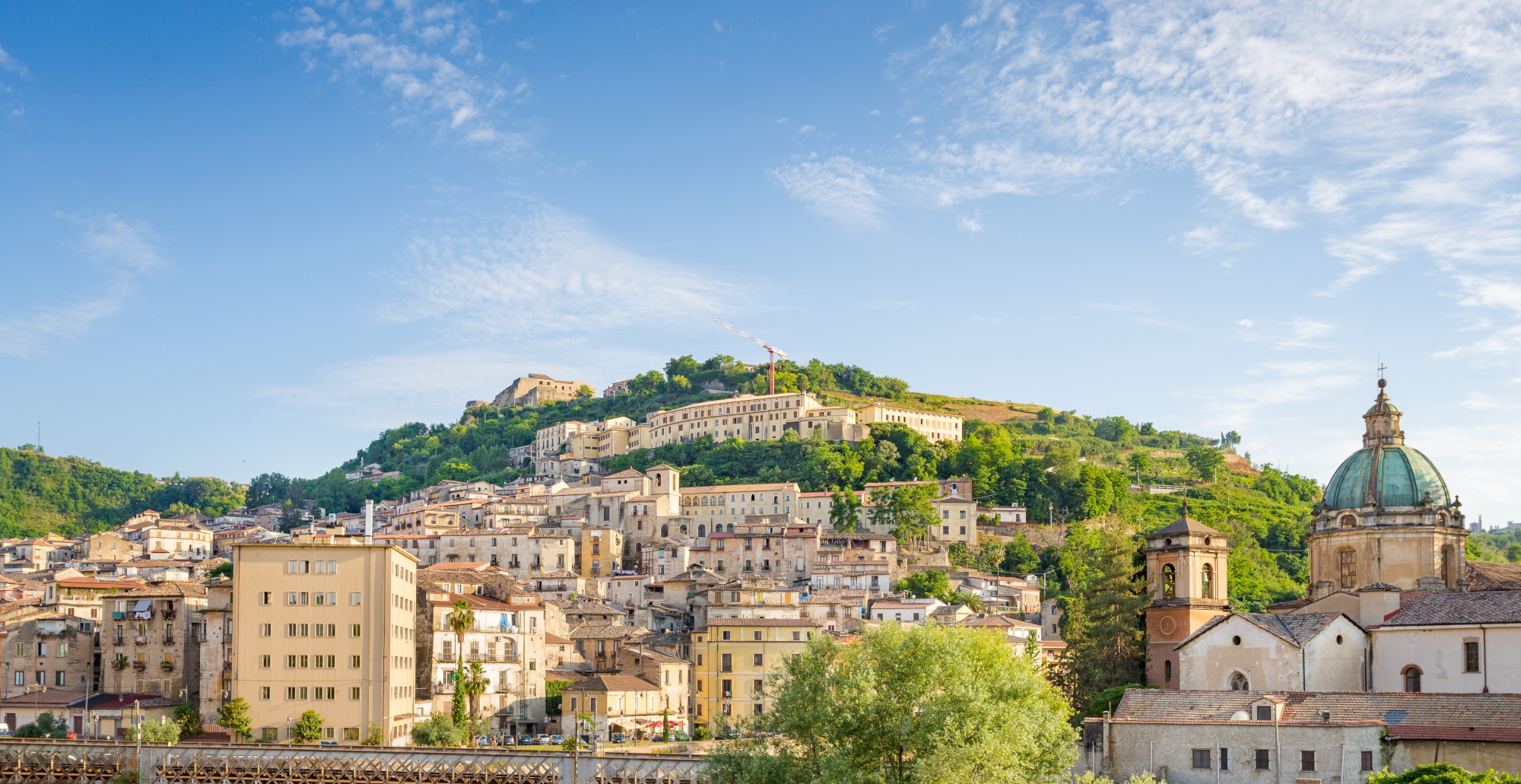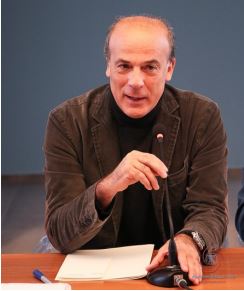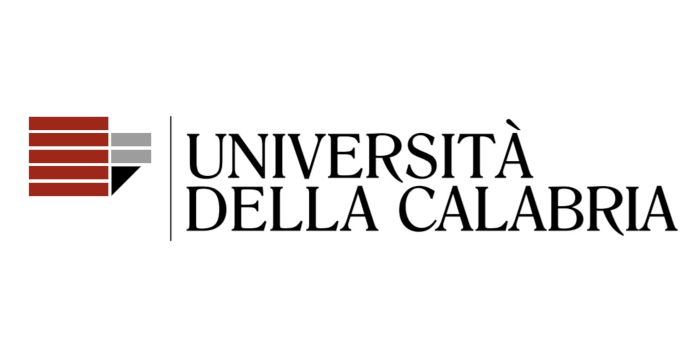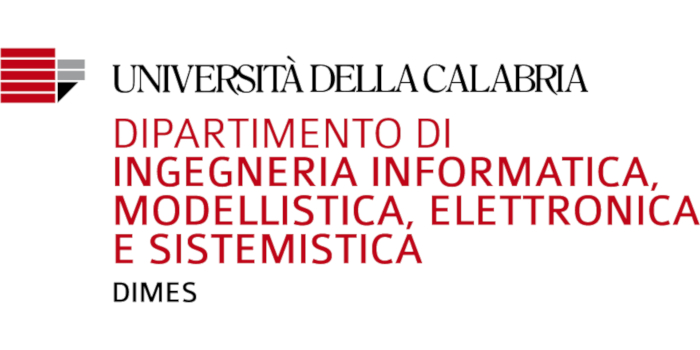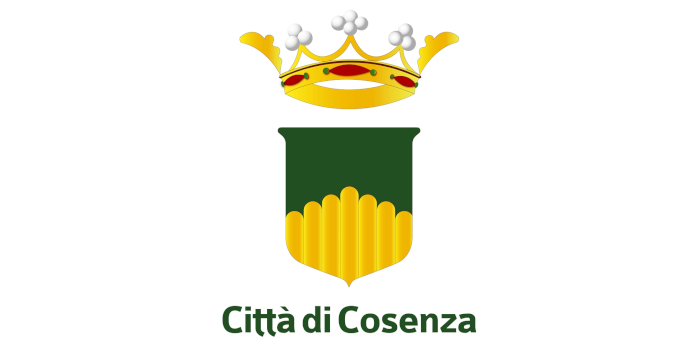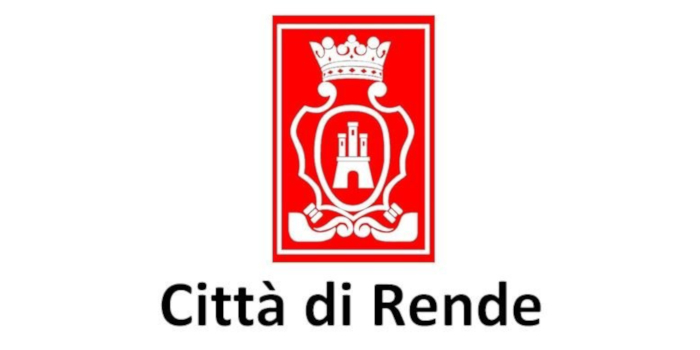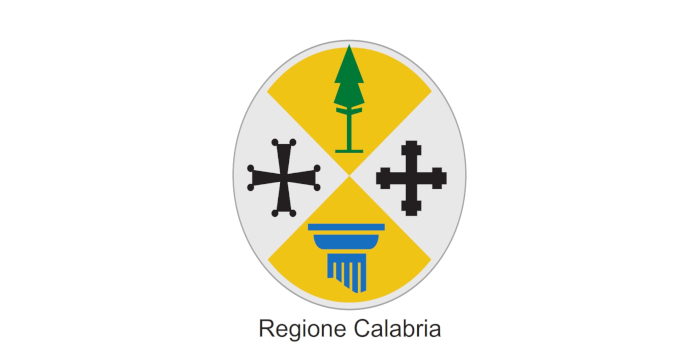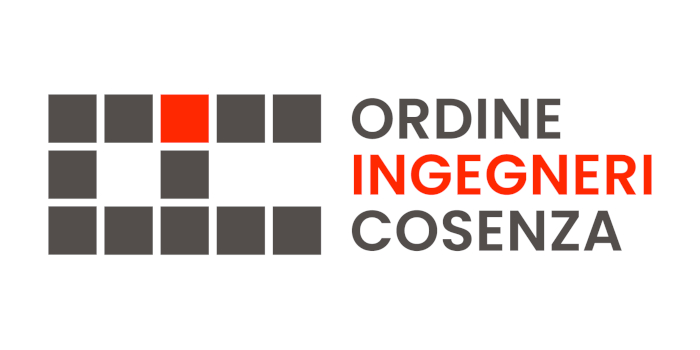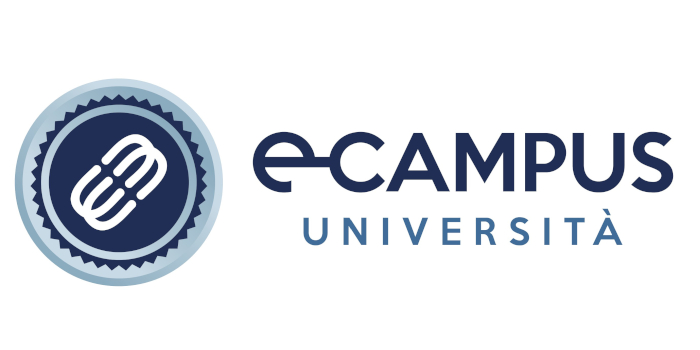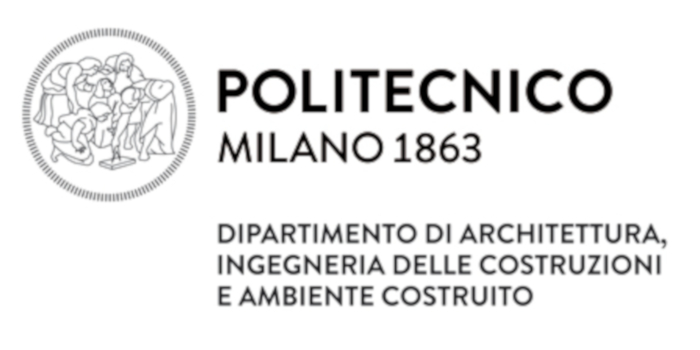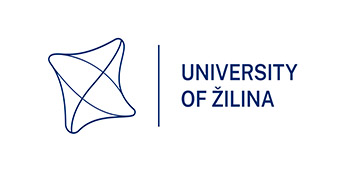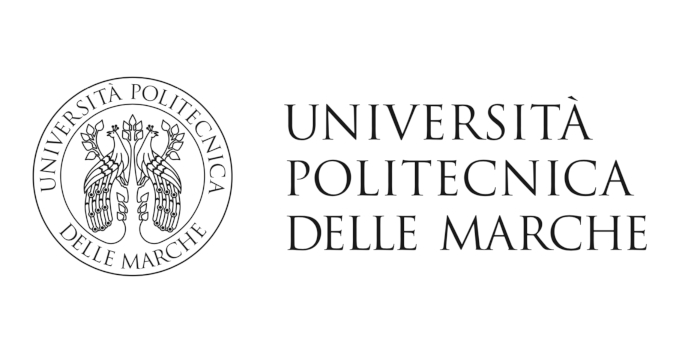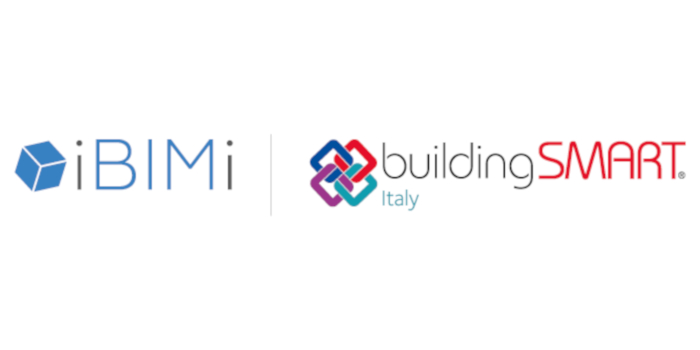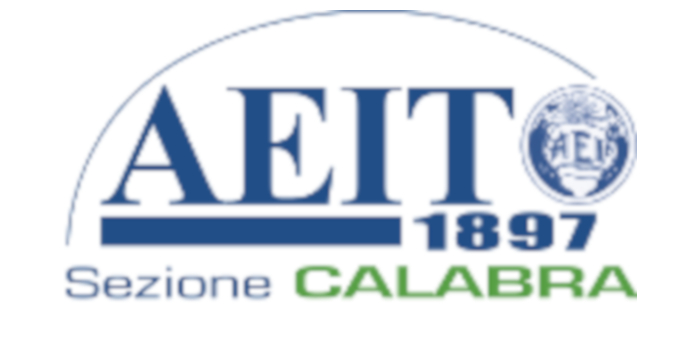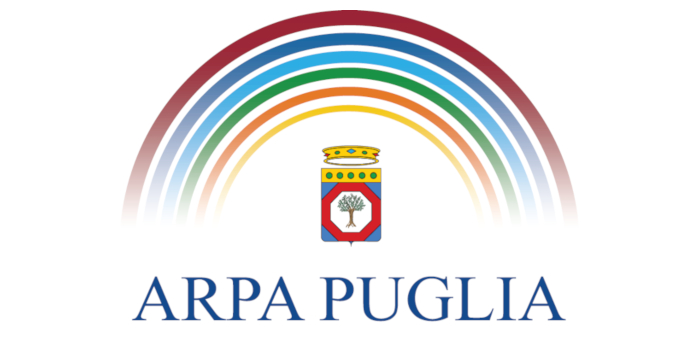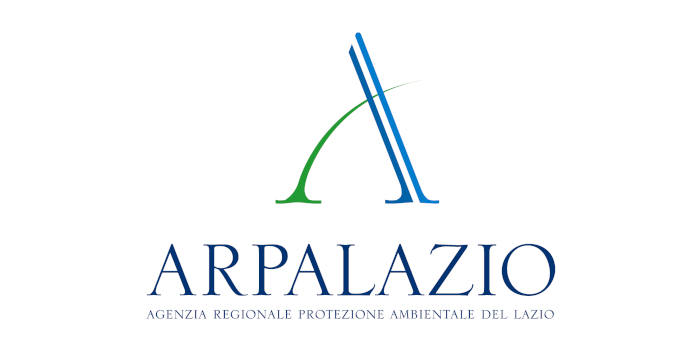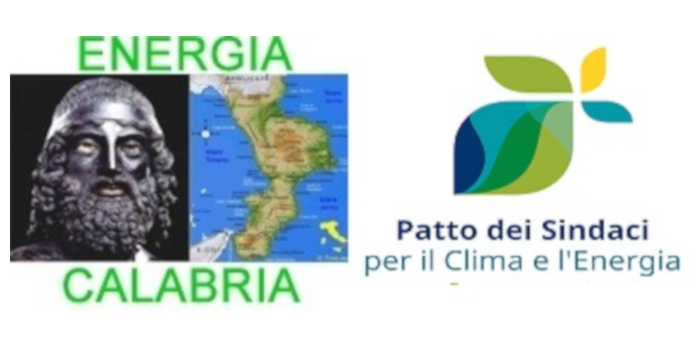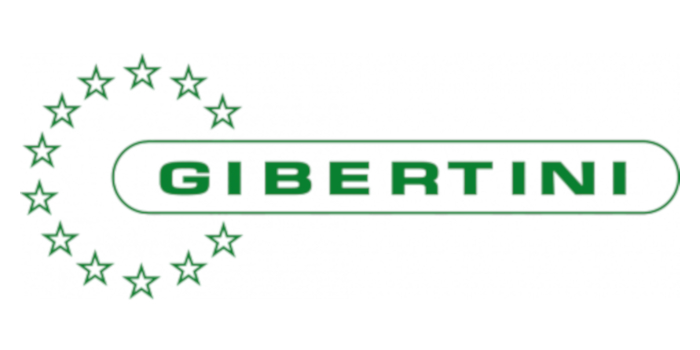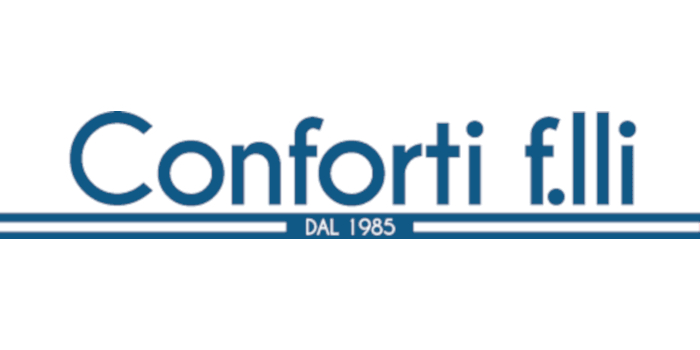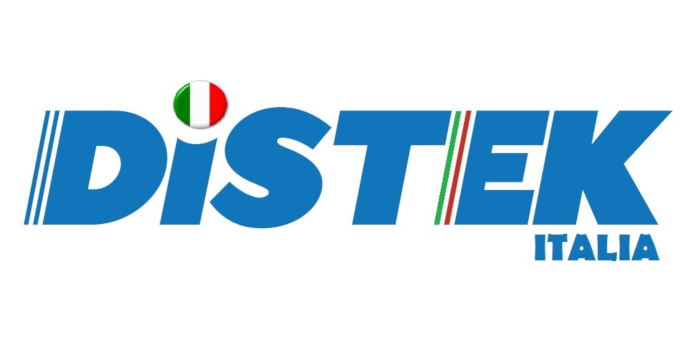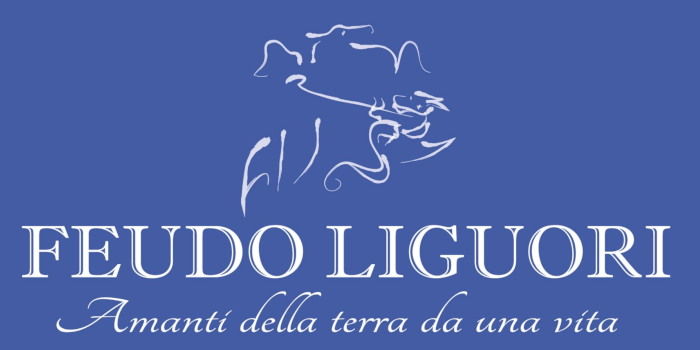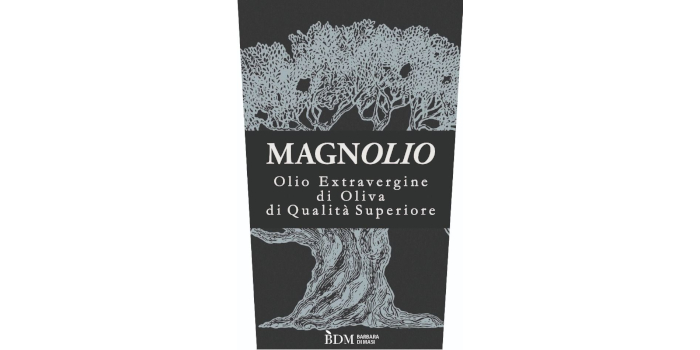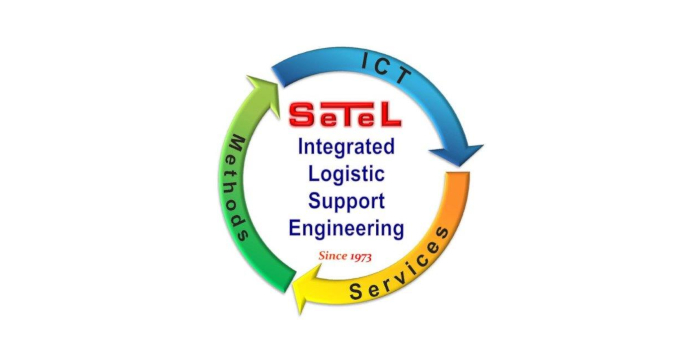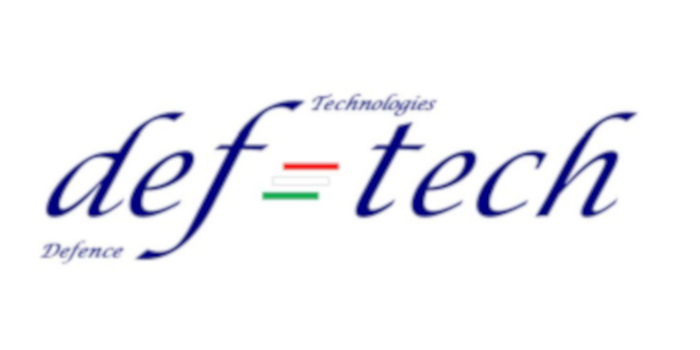Designing after COVID-19.
Strategies for the evaluation, monitoring and control of indoor air quality
Alberto De Capua
Università Mediterranea di Reggio Calabria
ABSTRACT
The speech presents urban and domestic living and how these have been modified by the new needs, concerns and
fears connected to the most recent global pandemic. The contribution highlights how urban and domestic dimensions are
key elements of our existence and resistance. The present contribution aim to explore the assessment of "Indoor
Environmental Quality" in the living space.The issue of Indoor Air Quality (IAQ) is highly underestimated in relation to the
magnitude of the potential consequences on the healthiness of inhabited spaces.
Today, the health effects associated with poor air quality in buildings are well known and classified, such as the Sick
Building Syndrome, a symptomatic picture that occurs in many occupants of homes, offices, schools, hospitals, etc..
equipped with mechanical ventilation systems and global air conditioning.
A condition of adequate IAQ is absolutely achievable in new buildings, given the possibility of selecting appropriate
materials, furnishings and technical systems, as well as design according to criteria of ventilation, hygrometric control
and air quality of passive type.
Greater difficulties are found on the built, where the options for intervention are complex and often related to significant
economic burden. In these cases, a careful evaluation of the boundary conditions is necessary, in order to understand
which problems can be solved with simple technical-design measures and which ones instead require substantial
interventions, but which cannot be ignored if the polluting factor is particularly dangerous.
The speach - also thanks to a wide comparative examination of studies, technical norms and international projects -
provides an adequate knowledge of the problem as well as the tools for the evaluation of the different options and
technical solutions able to guarantee the control, through design choices in order to the specific material-constitutive
characteristics and physical structure of the confined environment.
SPEAKER BIO
Alberto De Capua, Associate Professor in the SSD Technology of Architecture, he is PhD in Technology of Architecture,
he has been Director of the Department DASTEC of the Mediterranean University and Pro-rector for
orientation activities. He has been designated Scientific Responsible of the Innovation Pole for
Sustainable Building Green Home for the Mediterranea University (Senate and BoD April 2018) he is
also part of the Scientific Committee of the Pole, since 2016 he is Chief Technical Officer and promoter
of the academic spin-off M.A.D.E. Concept (Marketing Architecture Design Event).From 1990 to 2012
he carries out research at the Department of Art, Science and Technology of Building (DASTEC) of the
Mediterranean University of Reggio Calabria, from 2012 to date at the Department of Architecture and
Territory (dArTe). The activity is carried out with continuity, through an articulated iter always congruent
with the contents of the SSD of Technology of Architecture, generally oriented to the progressive
deepening of the themes concerning the productive processes that in the various aspects regulate the
construction and the transformation of the settlement environment. He has been coordinating a
research unit, which deals with the theme of living, investigated from an architectural and urban,
technological and environmental point of view.
- of the control and improvement of environmental quality in construction with particular reference to the requirements of hygiene and safety of the environment and the "sustainability" of the processes of construction;
- urban regeneration actions aimed at creating environmentally sustainable public spaces in relation to the peculiarities of places, smart technologies, communication networks;
- methodologies and techniques for urban design.
